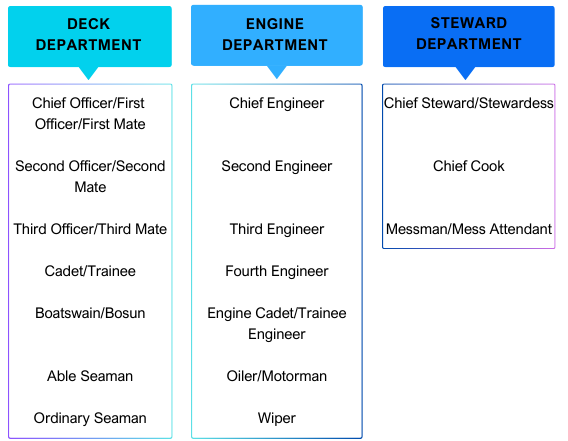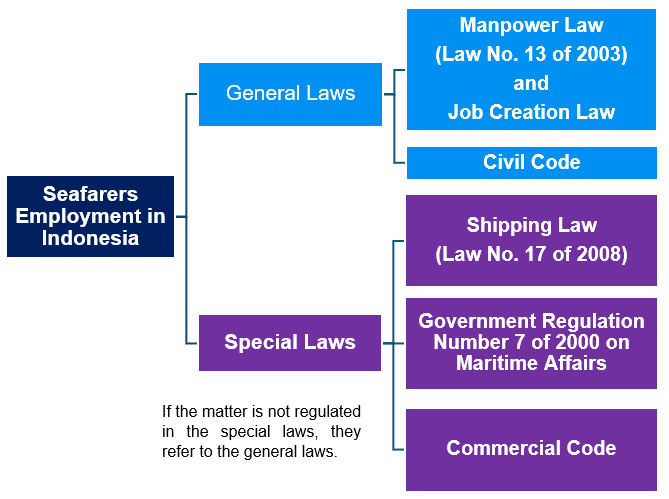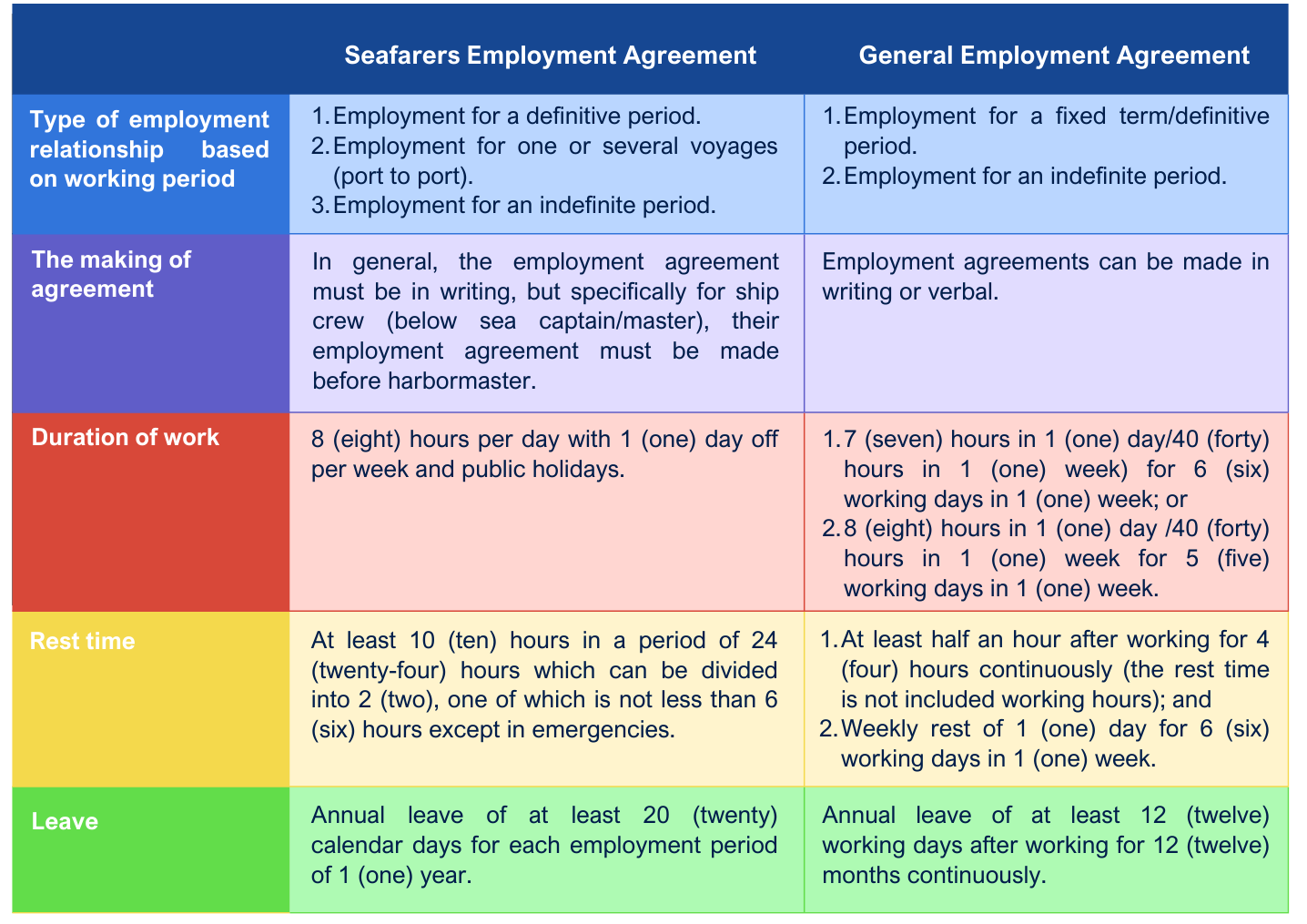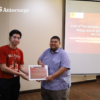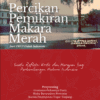Seafarer is a unique profession who works on board a seagoing ship. They are classified into ranks and responsibilities depending on the type of vessel where each of them requires specific qualifications. A sea captain is the highest rank with the responsibility of commanding a ship. The other seafarers serve within departments on board a ship, which, in general, are divided as follows:
The head of each department reports to the captain as the representative of shipowners. Therefore, a sea captain is also commonly called a “master”.
As the role of seafarers is vital in assuring successful and safe voyage of ships, the International Maritime Organization has set a global standard for the seafarer profession through the International Convention on Standards of Training, Certification and Watchkeeping for Seafarers of 1978 (STCW Convention) which came entered into force on 28 April 1984. Indonesia has ratified STCW Convention since 1986.
The Employment of Seafarers
Seafarers are employed under a special legal framework due to their unique nature of work. Compared to general employment law, the laws provide special terms for seafarers’ employment relationships.
In Indonesia, aside from the Job Creation Law which applies to employment relationships in general, seafarers’ employment is specifically regulated in the Commercial Code and the Government Regulation Number 7 of 2000 on Maritime Affairs (GR No. 7/2000). To be simplified, below is the legal framework of seafarers’ employment in Indonesia.
Seafarers Employment Agreement and General Employment Agreement
While there are common aspects of employment relationships, seafarers’ employment agreement can be distinguished from general employment agreement in several characteristics, as can be seen in the following illustration:
Specific Rights of Seafarers under Indonesian Law
Under an employment relationship between seafarers as workers and shipowners/operators as an employe arising rights and obligations that must be fulfilled between the parties. The rights and obligations of seafarers in general are:
- Seafarers are entitled to receive wages, overtime pay, holiday pay, delegation pay, transportation costs and wages at the end of work, coverage for personal belongings carried and personal accidents and winter equipment for those working in cold climates and in winter in areas where the temperature is 15 degrees Celsius or less in the form of winter clothing and equipment.
- The obligations of seafarers are to carry out their duties in accordance with the working hours stipulated in the agreement, bear the costs incurred due to excess luggage above the limit stipulated by the company, obey the company’s orders and work in accordance with the term of the agreement.
In addition, the Law No. 17 of 2008 on Shipping (Shipping Law) also provides that seafarers are entitled to receive:
- Working hours and rest hours.
- Guaranteed departure to the destination and return to the place of origin.
- Compensation if the ship cannot operate due to an accident.
- Career development opportunities.
- Provision of accommodation, recreational facilities, food or beverages.
- Maintenance and healthcare support and provision of work accident insurance.
Moreover, aside from rights that are specifically regulated in the Commercial Code, the Shipping Law, and GR No. 7/2000, seafarers are also entitled to receive social security and severance pay according to the general employment laws.
Seafarers Employment Disputes
In the event of disputes, the settlement follows the procedures regulated in Law Number 2 of 2004 on Industrial Relations Dispute Resolution (Law No. 2/2004). Accordingly, seafarers’ employment disputes shall be resolved firstly through bipartite negotiations, mediation or arbitration if the negotiation fails, then if the latter is unsuccessful, either party may file claims to the Industrial Relations Court to be decided by judges.

